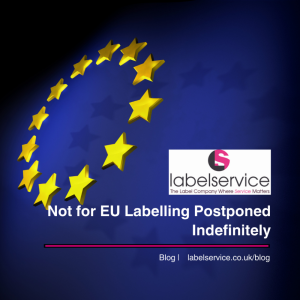The debate continues to rage on regarding the accepted norms for GMO labelling in the country that has arguably provided more financial and logistical support for GMO products than anywhere else in the world.
Last year, 26 of the 50 states introduced new laws stipulating that GMO products must carry appropriate labelling, allowing customers to make “informed” decisions regarding their food purchases for themselves or their families. Given that GMO products are prevalent in soy, sugar beet, corn and canola, the extent to which the GMO industry has saturated the US marketplace is astonishing.
Although the use of GMO products has created controversy throughout both the United States and the global community, not all of the states have voted for labelling of these items. In Washington, a measure designed to enforce GMO labelling was narrowly defeated, a substantial victory for GMO producers given the somewhat liberal nature of the state.
That being said, a recent poll released by the New York Times showed that over 90% of American would prefer if GMO products were labelled as such in their grocery stores and supermarkets.
Although no tangible link exists between physical harm and GMO products, advocates for labelling maintain that their goal is simply to inform customers as opposed to scaring them away from these items. Brian Kennedy, spokesman for the Grocery Manufacturers Association, expressed his frustration over the campaign-like nature of the voting currently taking place on this particular issue, stating, “Our nation’s food safety and labelling laws and regulations should not be determined by political campaigns or through a patchwork of state laws.."
Unfortunately, his sentiments are not echoed through the community at large, either on the industry or consumer level. It was recently discovered that the major GMO manufacturers spent $46 million dollars in an effort to ensure that a California election on the issue would swing their way.
Whether or not GMO products are harmful over the long-term is not the true issue being presented in these votes. Even more alarming is the fact that these ballots will determine the amount of information given to consumer when they shop, potentially prolonging the current state of affairs where customers are often left “in the dark” as to what exactly they are putting in their bodies.
















